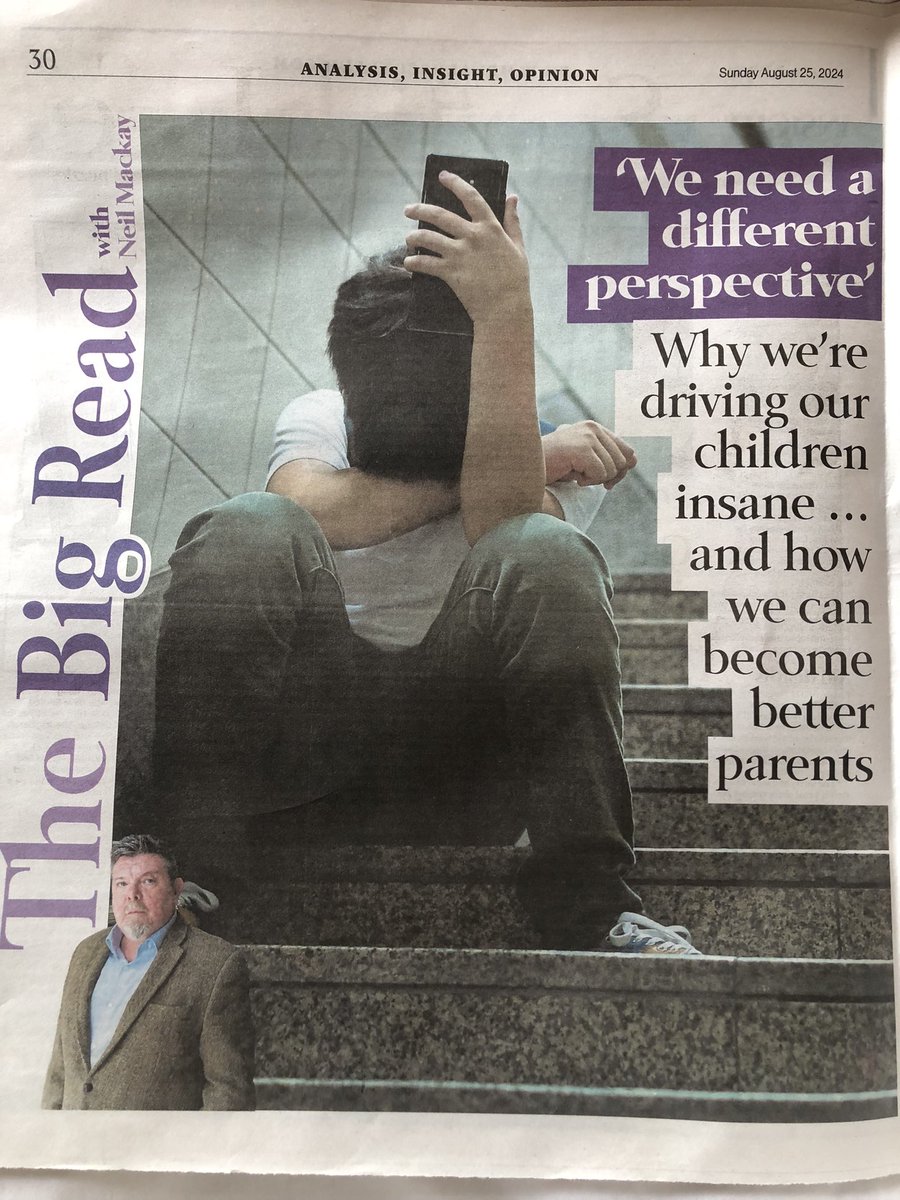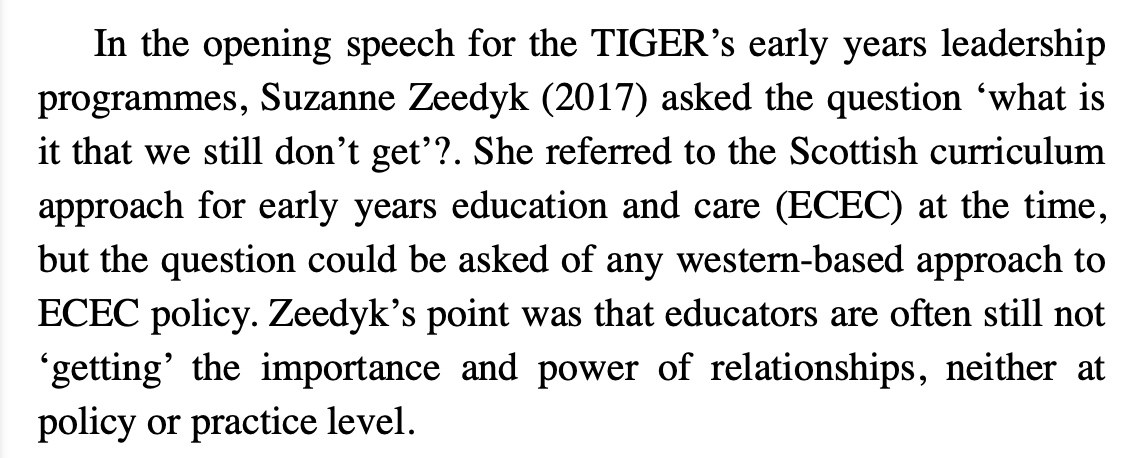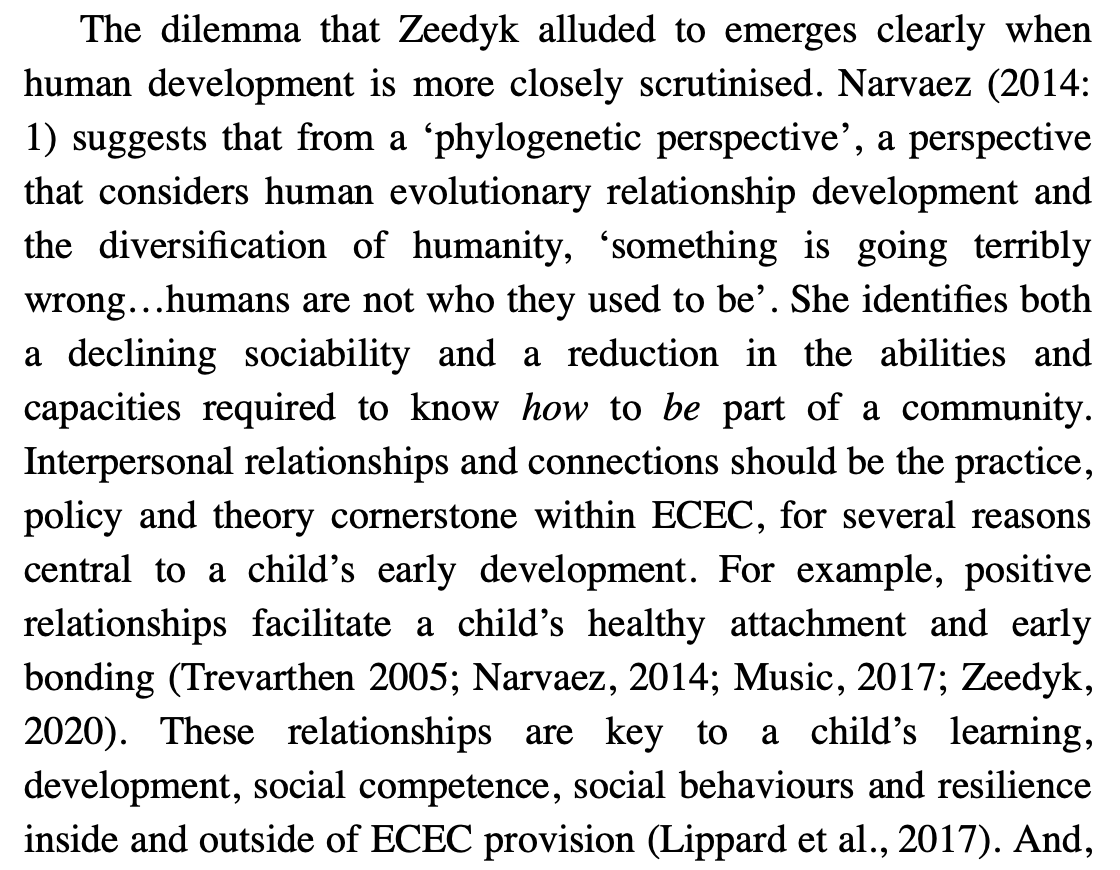A wee THREAD on insights from #SLFOnline Critical Curriculum for folks who weren't there tonight. FIRST - Look what I discovered on Teams! Who knew you could do this??? Chuffed with my tech discovery! @sarahphilpcoach @olliebray @NUthmani @laurencefindlay @TTDelusion @LynnMcNair 

2. In exploring questions about what our Scottish Educational Curriculum should be, I brought in your Golden Circle, @simonsinek. Keeping our focus on Why we are educating children & yng people brings a frame to the What. 
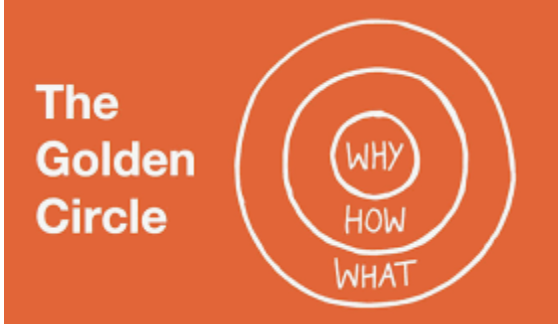
3. I credited my learning of the Golden Circle to @TIGERS_UK, under t leadership of @paulinescott222, who use it to frame the whole ethos of how they deliver apprenticeships to yng people, many of whom hv not (to be honest) had good experiences of school. tigersltd.co.uk
4. When we talked abt tensions faced in reforming or deliverng the curriculum, I cited @realdcameron's idea of 'breakable plates'. From responses in the Chat, many folk were familiar w/ his quip. "To figure out which plates to break, we also need to know what IS working." 



5. We returned several times to the frame of the Why & what to 'break'. "The 4 capacities are the Why. Assessment gets in the way of improvement." and "Whose Why are we talking about in terms of reform?" and "Relevance to a really diverse range of pupils." 



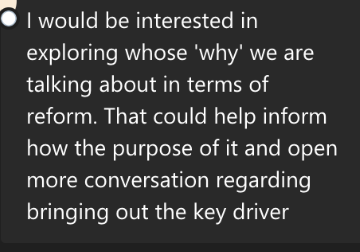

6. Given that I've been tweeting all afternoon about autism (due to a new study being in the media today), I was particularly struck by this comment: "I am often surprised at schools which limit opportunities for children with ASN, often through lack of acceptance of difference." 

6. I was pleased we could reflect on the impacts of the pandemic, which will affect multiple cohorts of children throughout their school career (& life) if the stress has embedded deeply in children's bodies. The book "The Body Keeps the Score" even got a mention! 







7. That book was mentioned just this week in the press, in a long @guardian article. "At least one-third of couples, globally, engage in physical violence. The number of kids who get abused and abandoned is just staggering." theguardian.com/society/2021/s…
8. So I hope we will take seriously, across Scottish Education, the many insights that the ACEs-Trauma Movement has yielded for us. One attendee: "I am seeing extreme behaviour from 4-year-olds." Has our whole system linked such 'behaviour' to the stress childrn have been under? 

9. If we don't keep childrn's stress systms at forefront of our thinking -their sense of Felt Safety, their biological &neurological capacity to take info in- then it won't matter much what content we put in t curriculum. @gerrydiamond71 at @clydebankhigh talks of ths all t time.
10. I'll end w/ Pauline Stephen's comment, because for me it was an important reminder: "Our language says what we value: 'vocational', 'academic', 'feeder'." I'm with you Pauline. I'm going to keep listening for the language we use. 

11/end. I was really honoured to be part of this panel at #SLFOnline and I thank @sarahphilpcoach for leading such an animated session. Thanks also to my colleagues. I agree we could have gone on much longer! Excellent self-regulation, team! 😀 

• • •
Missing some Tweet in this thread? You can try to
force a refresh





